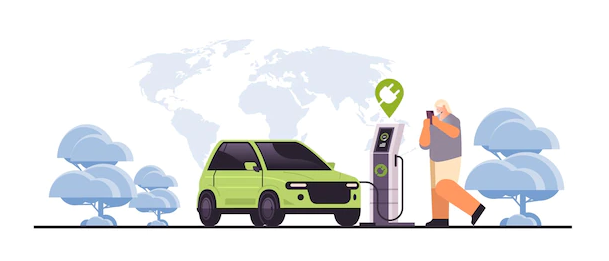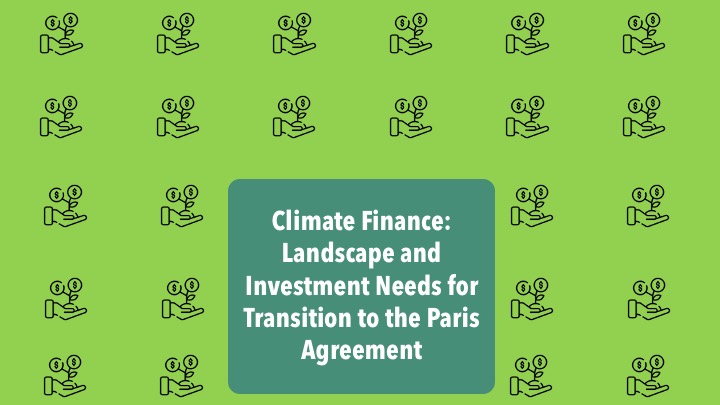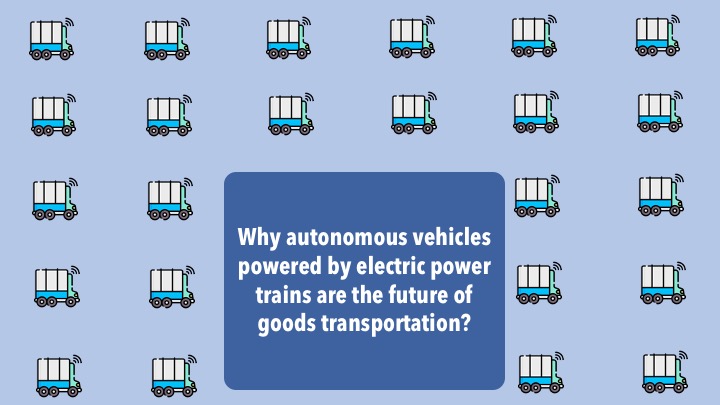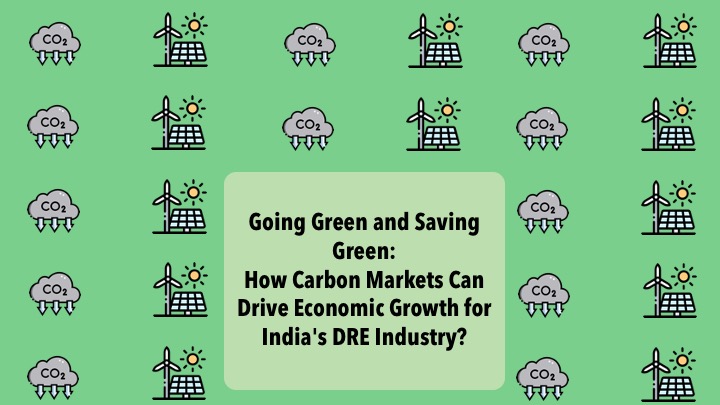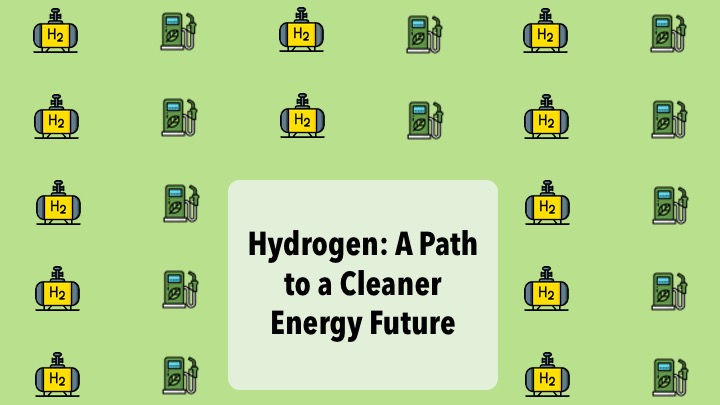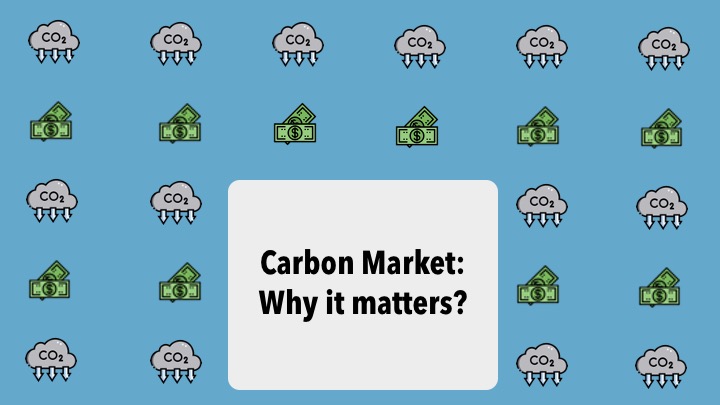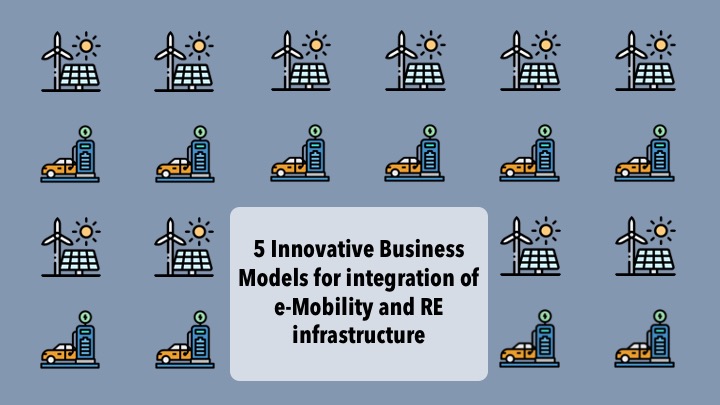Global energy-related greenhouse gas (GHG) emissions remain a significant threat to the climate due to their due to their magnitude and longevity. As per International Energy Agency (IEA) analysis[1], the total energy emissions increased to an all-time high of 41.3…
The development of cold chain infrastructure is crucial for a country like India, which has a large agricultural sector and a significant need for efficient storage and transportation of perishable goods such as fruits, vegetables, dairy products, and pharmaceuticals. Government…
Every year due to post-harvest losses, US$19.4 million worth of crops are wasted in India daily due to rejection at the farmgate and delays in the distribution process with significant impacts on the environment. Effective Cold Chain Infrastructure (CCI) is…
The transportation sector is a significant contributor to global greenhouse gas (GHG) emissions. In 2021, it was responsible for almost 37% of all global emissions, according to the International Energy Agency (IEA). This makes it one of the largest contributors…
Climate finance refers to the financing needed to address the causes and impacts of climate change, including mitigation (reducing greenhouse gas or GHG emissions) and adaptation (managing the risks and impacts of climate change). The need for climate finance has…
Autonomous vehicles are one of the most exciting developments in the transportation sector, and their integration with electric power trains is making them even better. In this blog, we will explore why autonomous vehicles powered by electric power trains are…
Going Green and Saving Green: How Carbon Markets Can Drive Economic Growth for India’s DRE Industry?
Climate change has had an overwhelming impact on the planet, and it is now more critical than ever to take measures to reduce greenhouse gas emissions. Carbon markets have emerged as a promising solution to help combat this issue. By…
The world is heavily reliant on fossil fuels, accounting for 85% of global energy use. With business-as-usual interventions, this trend is projected to lead to a 50% increase in greenhouse gas (GHG) emissions by 2050, causing harm to the environment…
Carbon markets are systems that allow for the trading of carbon credits or permits, which represent one metric ton of carbon dioxide (CO2), or an equivalent amount of another greenhouse gas (GHG) that has been reduced or removed from the…
Transport and energy are important for economic growth and social development, but also major emitters of greenhouse gases. Transport emits 23% of energy-related CO2 and power industry emits 40%[1]. Hence, decarbonizing these sectors is necessary to limit global warming. Both…






